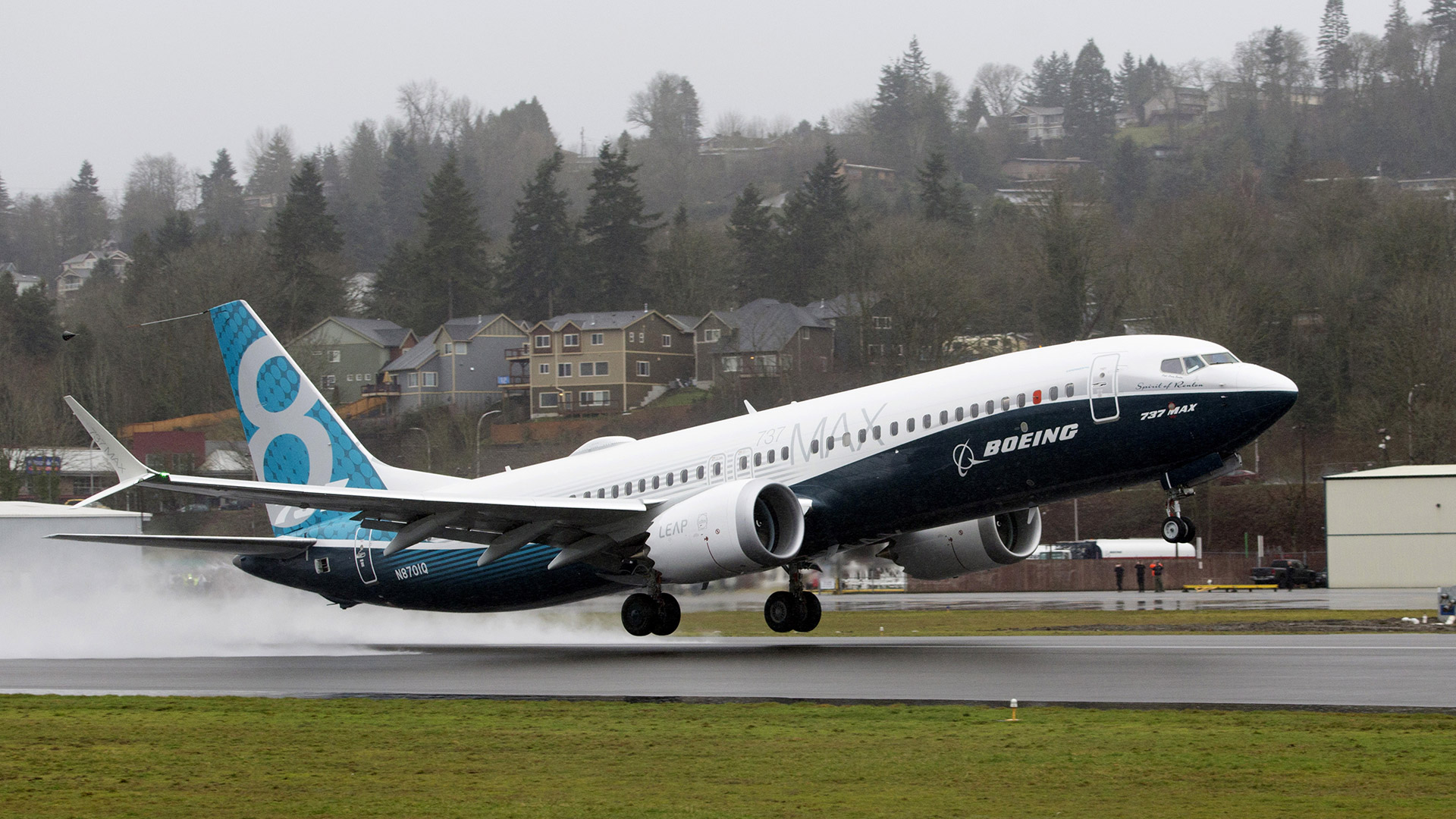

Boeing’s latest airplane, the 737 Max, is massive, sleek, goes fast and is efficient as hell. Which may not seem like a big deal to some people, but Boeing wants to dramatically improve the airline industry with this fourth-gen 737. Because the greatest operating expense for airlines is fuel, and the 737 Max is supposed to consume 14 percent less fuel. It’s also supposed to reduce operation costs by eight percent and improve reliability. Big talk.
The typical Boeing 737 goes through jet fuel like crazy, using 750 gallons per hour and flying around eight or ten hours a day. When you finish reading this sentence, a Boeing 737 will have taken off somewhere in the world, every 2.2 seconds to be exact. Fuel accounted for $180 billion, roughly 30 percent, of the typical airline’s operating cost last year. So while a 14 percent reduction in fuel consumption is significant for one airplane, it’s enormous when translated over the size and lifespan of the 737 fleet.
Fuel is not the only thing airlines will be saving. The 737 Max’s improved reliability will save time, which reduces labor costs. Most of that time savings comes from the a revised wing and new engine, the Leap 1-B, a joint venture between Safran and General Electric. It has woven carbon fiber composite blades that reduce engine weight—about 500 pounds per engine—and improve high-impact resistance during flight. That makes the 737 Max go farther with the same amount of fuel and less downtime between flights.
The new plane completed its maiden flight this past weekend, and is in the process of being certified by the FAA. After that, it’ll launch with Southwest Airlines, the world’s largest 737 operator, late in 2017.